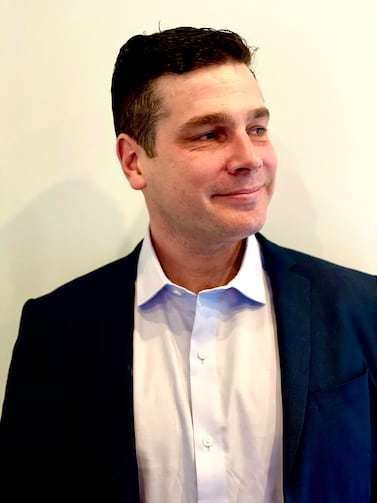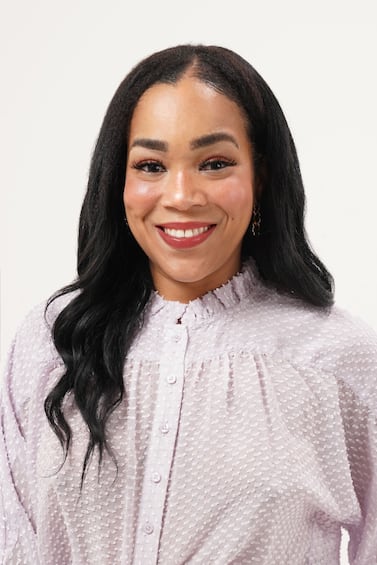
Agenda-setting intelligence, analysis and advice for the global fashion community.

Agenda-setting intelligence, analysis and advice for the global fashion community.

Subscribe to the BoF Podcast here.
The fashion workplace is evolving at a rapid pace, shaped by a wave of technological advancements, leadership changes, and shifting cultural dynamics. Hybrid and remote work, economic uncertainty, and generative AI are reshaping how teams collaborate and engage. For many employees, adapting to these changes has become a defining challenge, while employers must navigate how to foster connection, retain talent, and drive innovation.
Executive editor Brian Baskin sits with commercial features editorial director Sophie Soar and senior correspondent Sheena Butler-Young to unpack how businesses can create thriving workplaces in 2025, the role of soft skills in a tech-driven era, and what it takes to re-engage an increasingly disconnected workforce.
“In the face of AI and more technology coming in, it is more important to have a human element. What does a human do really well? That’s why soft skills are a huge focus,” says Butler-Young.
Meanwhile, Soar highlights the growing challenges of employee disengagement, stating, “We are incredibly disengaged as a workforce. Trying to get employees to buy back into what they’re doing and be part of the workplace is going to be really challenging.”

Brian Baskin is Executive Editor at The Business of Fashion. He is based in New York and oversees BoF's beauty, retail, direct-to-consumer, technology, marketing and workplace verticals.

Sheena Butler-Young is Senior Correspondent at The Business of Fashion. She is based in New York and covers workplace, talent and issues surrounding diversity and inclusion.

Sophie Soar is the Commercial Features Editor at The Business of Fashion. She is based in London and oversees BoF’s careers advice and written content partnerships at BoF.
During a recent LinkedIn Live, BoF’s senior correspondent Sheena Butler-Young and commercial features editorial director Sophie Soar shared insights into how companies can account for a workforce with evolving needs and expectations — from providing perks and services with cross-generational appeal, to navigating return-to-office policies in a new work environment.
Having started her career in fashion PR and marketing, Jennifer Jackson pursued a long-standing love of the beauty industry to work in marketing at Nars — where she remains 12 years later. Now, she shares her career advice.
Through online and in-person Master’s programmes on its London and Madrid campuses, Vogue College of Fashion is equipping MA students with a further education in the necessary skillsets for successful careers in the fashion, luxury and creative industries.
DEI workers are repositioning and rebranding to get contracts and retain remaining staff positions, distancing themselves from conversations around race and gender and instead prioritising their leadership expertise.